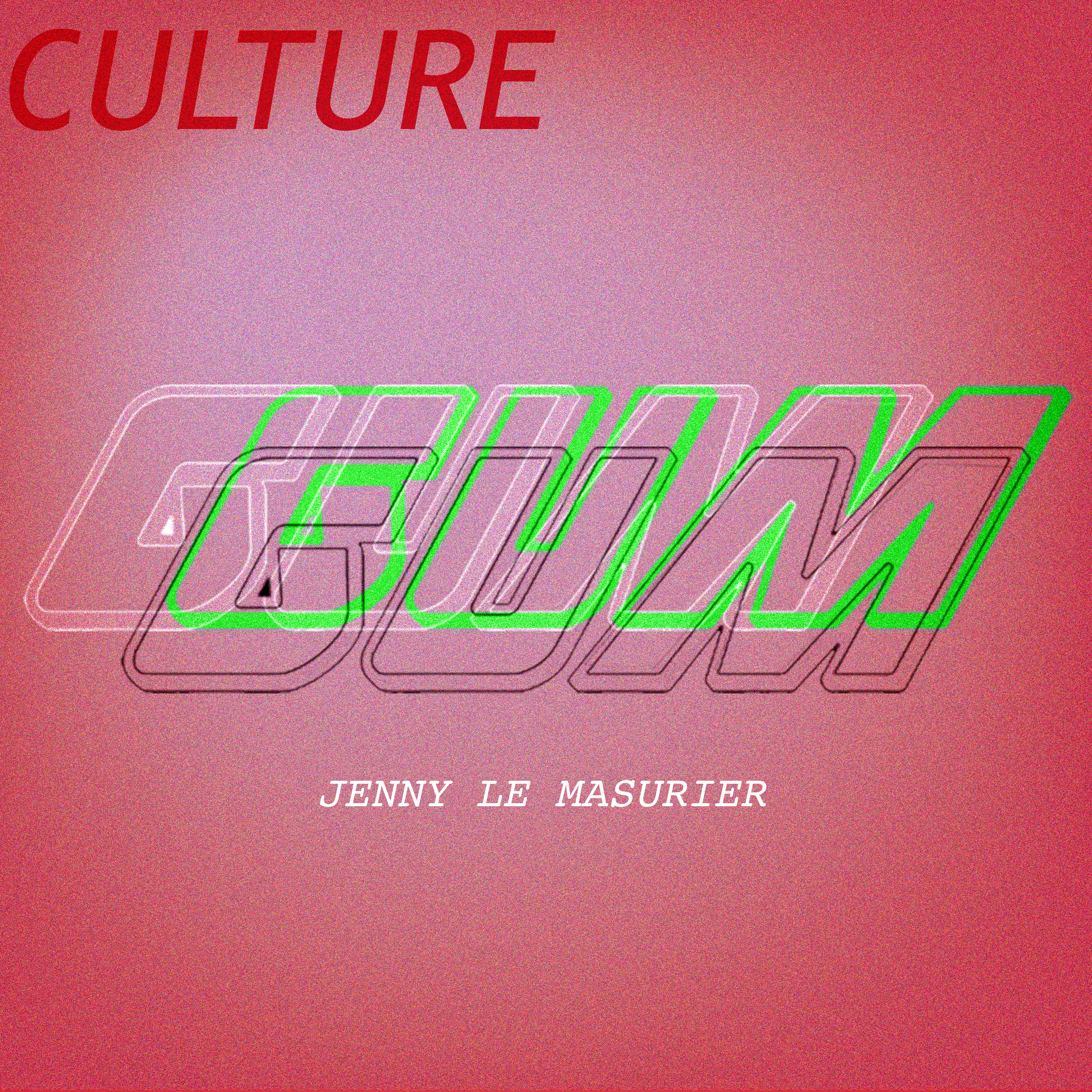Words: Jenny Le Masurier (She/Her)
Mushrooms. The current buzzword of the plant kingdom. Jump on TikTok and you’ll hear a whole host of fungi enthusiasts educating people on the mycelium network (communication between plants and trees) or the difference between a Shiitake and a Porcini. Head to Instagram, and you may be faced with holistic medicine activists trying to sell fungi supplements for wellbeing and remedial purposes. Simultaneously, extensive scientific research is unearthing the use of mushroom medicines, in particular psilocybin (magic mushrooms) for treating depression and anxiety, as well as addictions and post-traumatic stress disorders. There is a space reemerging for the often taboo realm of psychedelics, so we may ask ourselves: do we have something to learn from these little hat-wearing veggies?
Darren Le Baron is a self-professed ‘mushroom teacher’ who hails from London and has spent the past 10 years exploring psychedelics, specifically focusing on African plant medicines. Le Baron takes an extreme approach in his exploration of mushrooms, disclosing the entire history of humanity through the lens of, what he calls, the ‘mushroom religion’. He is part of the resurgent psychedelic movement and a contributor to contemporary mycological research. His research is aimed at supporting humanity, particularly those from diverse backgrounds, through organic horticulture and plant medicine history application. In the autumn of 2022, Le Baron toured the UK preaching all things psychedelics and mushroom dogma. Whilst his endeavour is pertinent and grounded in promoting a sustainable and positive lifestyle, his slogan, ‘You are a Mushroom Having a Human Experience’, leaves some room for doubt.
The human experience of the modern world leaves many of us feeling depleted, worn-out, overworked, and searching for ways to find calm amongst the chaos. It is no surprise that upon arrival at Le Baron’s talk at The Glee Club in Glasgow, I was joined by a large and diverse crowd of individuals, eager to learn about the potential benefits of mushroom medicines in the modern world. Seeing the array of audience members gathered to hear about ‘The History, Origins and Future of Psychedelics’ was inspiring for the future of medicinal mushrooms and mycological research.
Le Baron transcends advocacy of the wellbeing benefits of fungi, claiming that humans and mushrooms are in fact equals. At The Glee Club, he preached on the medicinal, therapeutic, ceremonial, and recreational use of psychedelics, and how fungi have been used for tens of thousands of years on the African continent. His extensive research of the mushroom religion concludes that human life has the growth of mushrooms on earth to thank. As Le Barron ploughed through his what felt like a 150-page PowerPoint on the intricacies of human-mushroom interrelated history, a bold, hefty Glaswegian stood up and beckoned – ‘Mate, it’s all well and good but we want to hear about the relevance of all this, today.’ Unperturbed, and ten minutes over time, Le Baron replied ‘Yes I hear you’, followed by, ‘… the Mushroom Renaissance’, introducing the fungi movement of today.
Scientific research is instigating a paradigm shift in considering a more holistic approach to wellbeing and mental health remediation. It is also revealing important lessons on how we could engage with the natural world by replicating mushroom’s waste management; they recycle the waste they produce for fuel and nutrients in their own regrowth. In a nod to their origins, Andrew Salter, co-founder of London-based company DIRTEA, says ‘Mushrooms have been used for thousands of years for medicinal purposes, dating back to the Tao Dynasty’. Using this knowledge, Salter and his brother sell mushroom extract powders for their antidotal qualities, ‘from skin and stress management to enhanced creativity and connection’.
Collectively, we can use modern science and traditional knowledge to connect with nature, inspire the importance of community, and generally slow down. Traditional knowledge systems are founded on a cooperation between humans and nature and seeing the two as one entity. Our human to tree to human reciprocity of CO2 and oxygen exchange reflects this. Exploring the systematic networks of fungi presents a sustainable system of giving and receiving which our current linear societal models could benefit from. The complexity of the mycelium network could just be the model we need to combat climate change.
A key researcher in the field of mycology, Merlin Sheldrake, has expanded our scientific understanding of fungi, revealing the symbiosis of the underground fungal networks of mushrooms and humans. In his words, ‘They can change our minds, heal our bodies, and even help us remediate environmental disaster’. If Sheldrake’s claims can be taken as fact then Le Baron’s belief that ‘The mushroom is a gift’ holds true. If we can be grounded in sensitivity for the natural world, we open our capacity to learn a thing or two in return.


That was brilliant Jenny, very intriguing and educational! I learnt a few staggering facts about this funny fungus tonight 😁